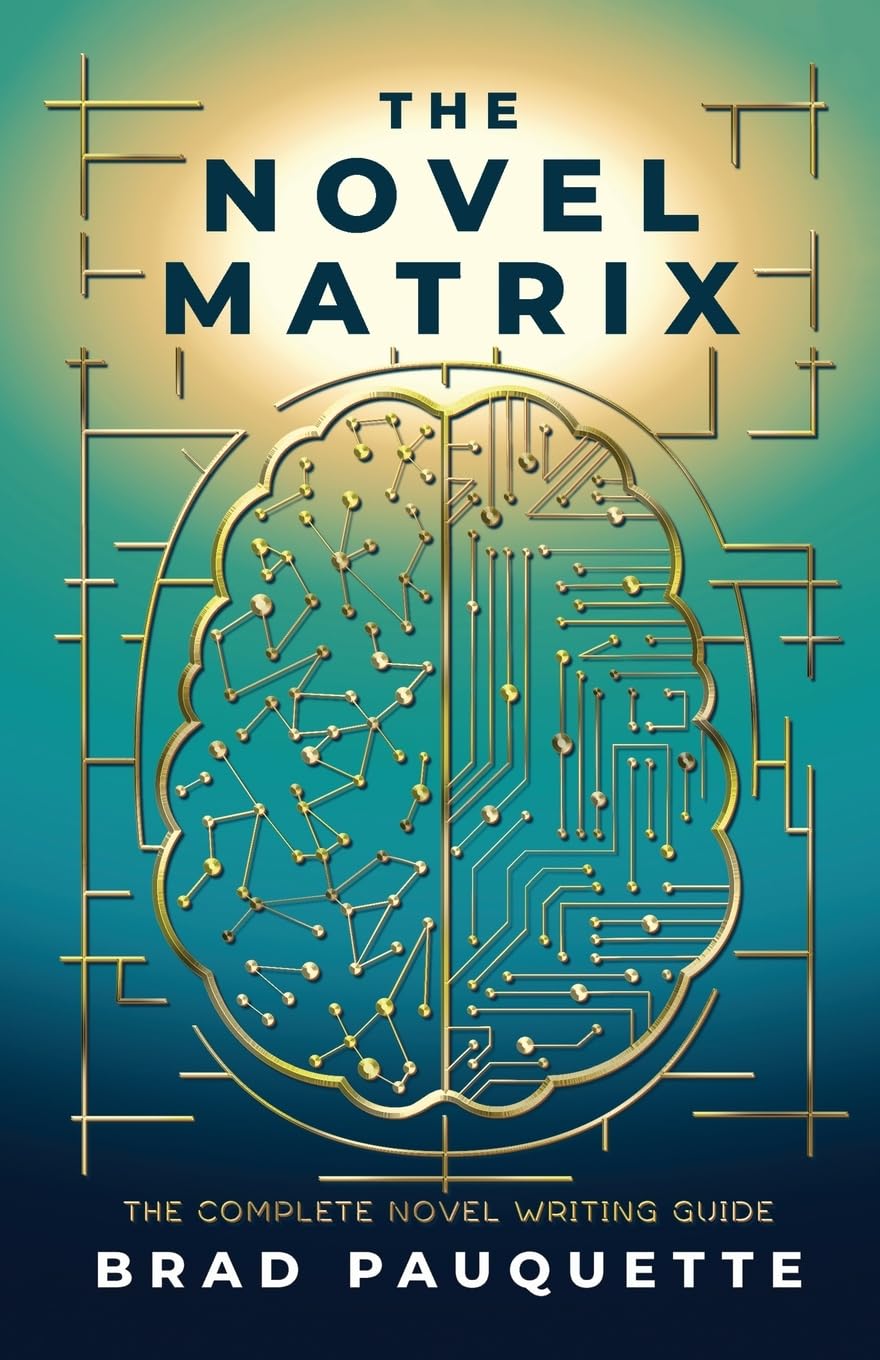I was catching up with an acquaintance I haven’t seen in years and he was telling me about a book he’s written and rewritten several times over. I have to give him credit, most people who say they want to write a book never will. Among the ones who do, fewer publish. Unfortunately, he’s caught among those. In his case, he can’t figure out how to start or end it, and every time he changes one he has to change the other and everything in between.
The Novel Matrix could solve this problem and hundreds more. The book follows a three-section structure teaching you about the matrix, how to apply the matrix, and how to make yourself grind out a full novel. From worldbuilding to character archetypes to conflicts to structure, The Novel Matrix teaches it all with worksheets to help you along.
As an aside, you’ll notice 0’s down the content meters. This is true, but I want to note that many of the example movies Pauquette uses and recommends do have content. So, be aware and look up the movies before you sit down and watch any of them.
Now, this isn’t the only book out there teaching you to make a novel work, so what sets this one apart? A few things. One is the message of hope throughout the book, but especially in chapter seven. Two is how easy it is to understand and apply. Three, the last big difference, is the voice. I’ve never read a book that, for all intents and purposes, is a textbook but reads like a storybook.
Whatever way you look at it, The Novel Matrix is worth the minuscule investment to make your dreams of publishing come true.
